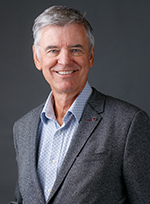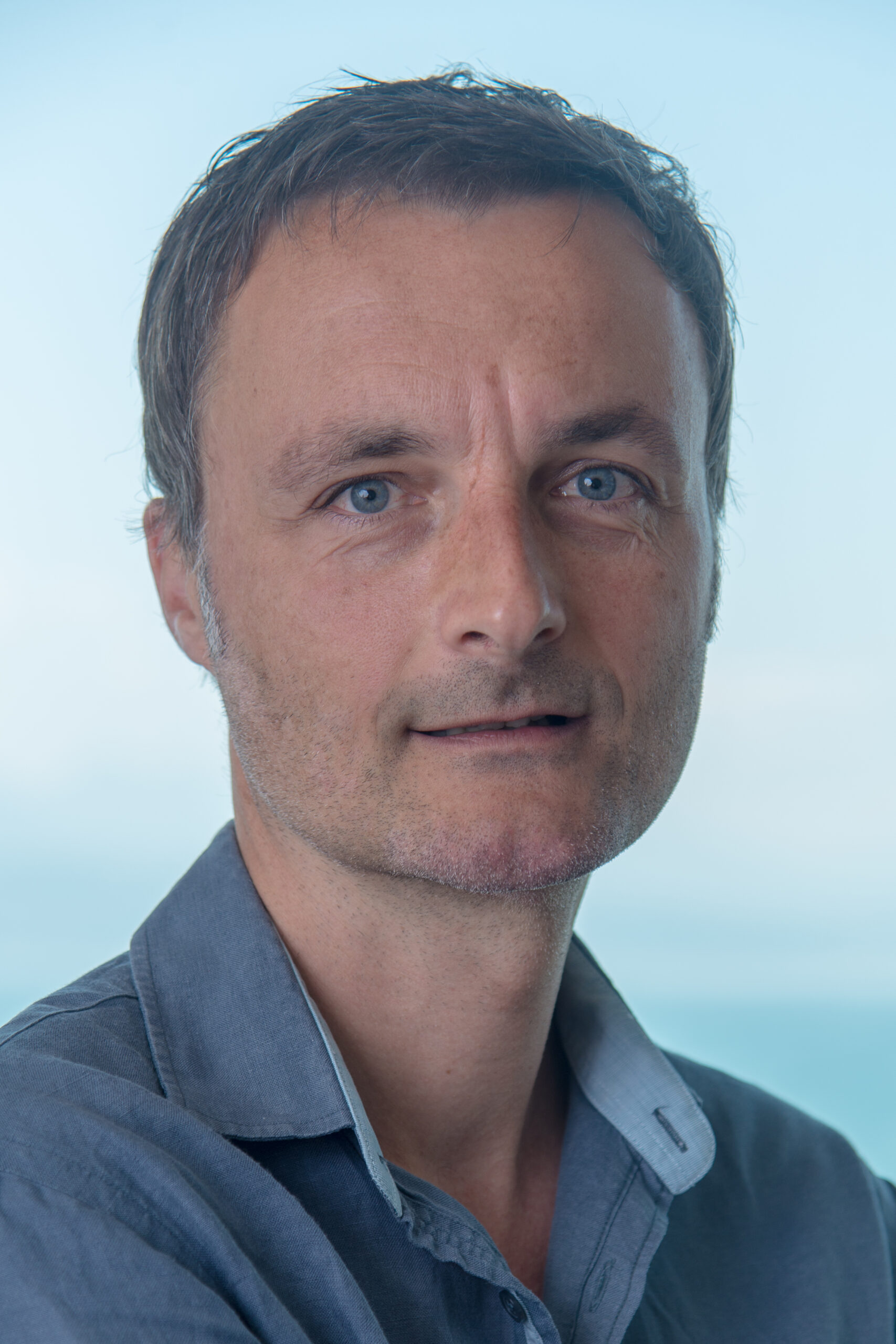KEYNOTE SPEAKERS
Keynote Speakers
The AEA Europe Council are delighted to confirm the keynote speakers for the AEA-Europe online conference.

Prof. John Hattie
Emeritus Laureate Professor at the Melbourne Graduate School of Education at the University of Melbourne
“How to devise Visible Learning Assessment Capable Teachers and Students: Moving from ‘merely’ developing tests, to understanding interpretations from testing”
Abstract:
So much of the current debates, training, and methods for teachers focus on psychometric properties such as reliability and validity. If, instead, the focus is on the adequacy and consequences of interpreting the reports from testing we would be in a much more successful state. This session explores score reporting, teaching students to interpret their test results, and argues that (for students and for teachers) unless there are consequential decisions, improvements, or actions from these reports then maybe we should seriously question the (over-)use of assessments in classrooms.
Bio:
Prof. Hattie is an internationally acclaimed researcher. He is Emeritus Laureate Professor at the Melbourne Graduate School of Education at the University of Melbourne, Chair of the Australian Institute of Teaching and School Leaders, and director of the Hattie Family Foundation. He has published and presented over 1600 papers, and supervised 200 theses students, and 60 books – including 28 on Visible Learning.
More information about his work can be found at:
https://findanexpert.unimelb.edu.au/profile/428067-john-hattie
https://www.visiblelearningplus.com/content/gold-papers
https://www.visiblelearningmetax.com

Dr. Raphael Pasquini
University of Teacher Education in the state of Vaud, Lausanne, Switzerland
“Constructive grading to help teachers in their decision-making and to improve students’ learning: what else?“
Abstract:
For more than a century, grading has been one of the most hotly debated topics in education in almost all OECD education systems. Numerous studies have been conducted on that field. A worrying finding emerged: regardless of the level of education or the subjects involved, grading practices look like a hodge-podge and teachers lack the skills and knowledge to assess and grade consistently. Hence, it becomes urgent to think about education programs that aim to develop assessment and grading skills among teachers related to learning.
The conference will address this complex question. It will start by outlining some issues about grading. Then, a core definition of grading will be presented with several questions, in order to problematize the conditions under which grading practices can be constructive, i. e. related to learning and that can provide efficient feedbacks to students. We will next explain our theoretical framework and present a case study which will concretize the issues teachers’ have to manage when they shift their grading practices from an arithmetical to a constructive perspective. More global research findings and a definition of constructive grading will follow, before an open conclusion based on three challenges to be addressed.
Bio:
Dr. Pasquini, who is an Associate Professor in the Training and Research Unit in the Teaching, Learning and Assessment at the University of Teacher Education in the state of Vaud, Lausanne, Switzerland, will be presenting his keynote speech based on his dissertation in the online AEA-Europe conference 2021. The title of his keynote presentation is “Constructive grading to help teachers in their decision-making and to improve students’ learning: what else?”

Prof. Monserrat Gomendio
Research Professor at the Spanish Research Council and co-founder of SkillsWEGO (consultancy)
“The True Impact Of Pisa On Education Reforms: Who Cares About The Evidence?”
Abstract:
Abstract:
International large-scale assessments (ILSAs) provide comparative evidence on how education systems perform and identify good practices which lead to better student outcomes. PISA was specifically designed to provide advice to policy makers and it is widely believed to have had a major impact on education reforms. However, PISA data show that after two decades student outcomes in OECD countries have not improved. The OECD acknowledges that its self-proclaimed mission has not been achieved but argues that it has successfully developed policy recommendations which have lowered the costs of education reforms; thus, it blames governments for failing to follow such good practices. I argue that the reasons why the evidence has not had any major impact are more complex. The evidence concerning the lack of impact of investment is strong, but the political costs of increasing class size and/or decreasing teacher salaries are huge due to vested interests. A second group of factors is strongly context-dependent, but the policy recommendations tend to be universal, leading to dire consequences. Finally, the evidence concerning variables that attempt to measure equity (a multi-dimensional concept) is partial and non-conclusive, so the policy recommendations have been heavily influenced by ideology. I conclude that the evidence provided by ILSAs interacts in such a way with vested interests and ideology that it does not make education reforms less difficult. I also examine for the first time the real impact of the available evidence on education reforms and show that it has been very small. This is partly to do with the quality of the evidence, partly with underlying conflicts of interest which play a much greater role than any objective data.
Bio:
Prof. Gomendio is a research Professor at the Spanish Research Council and co-founder of SkillsWEGO (consultancy). She started her career as a biologist and then moved into academia where she has held leadership positions as Director of the National Science Museum and Vice-President of the Spanish Research Council. She has also contributed to education reforms in Spain, in her role as Secretary of State for Education, Vocational Education and Training and Universities at the Spanish Ministry of Education, Culture and Sports (2012-2015).Read More